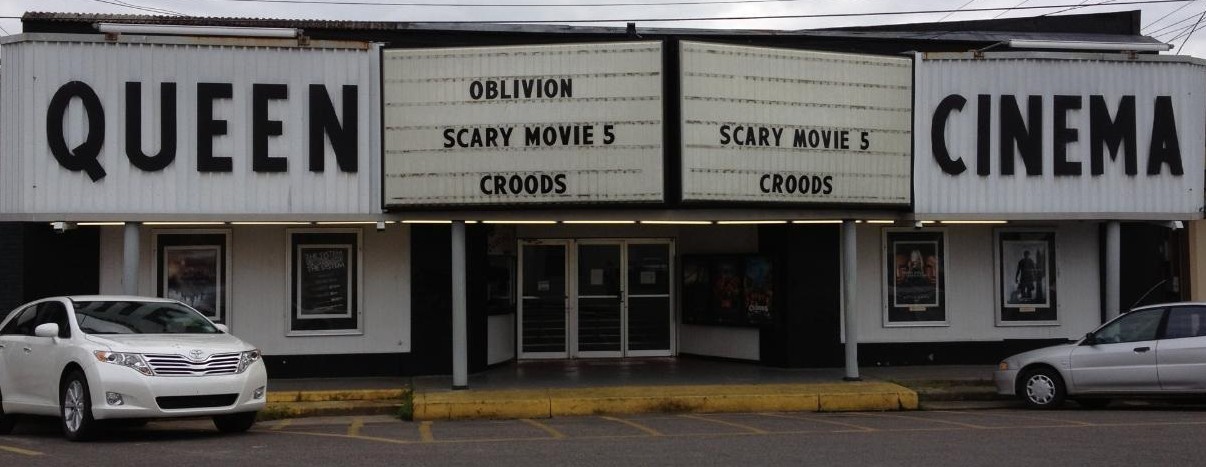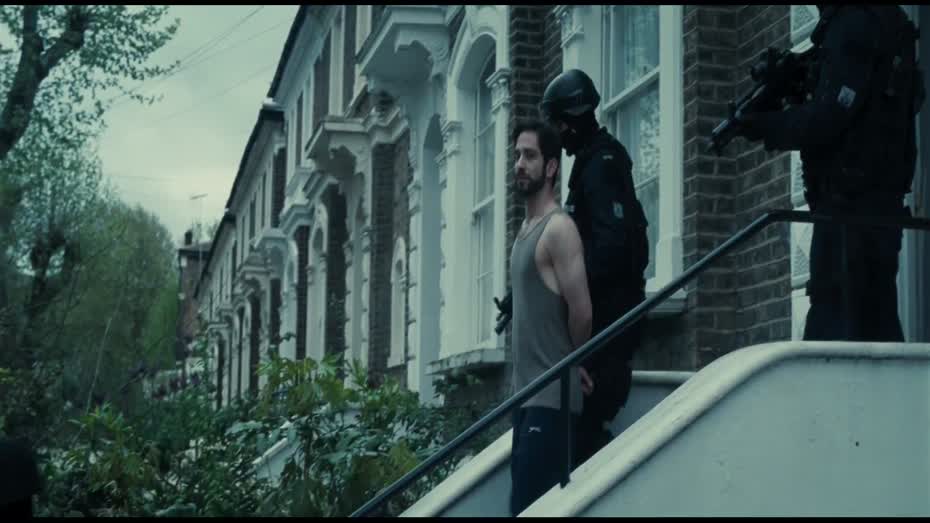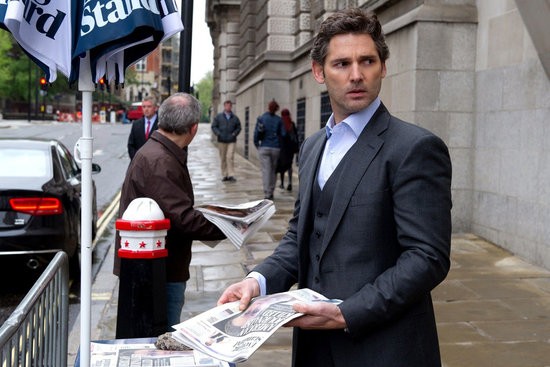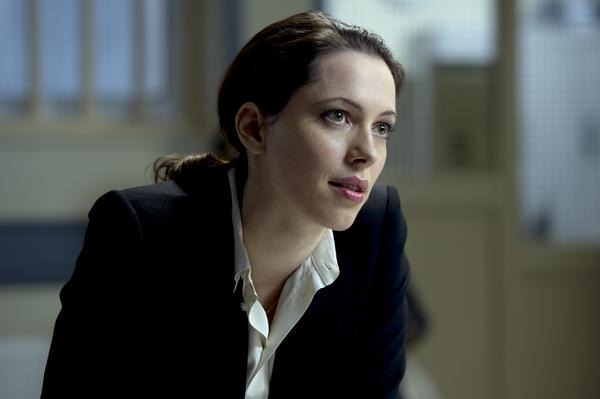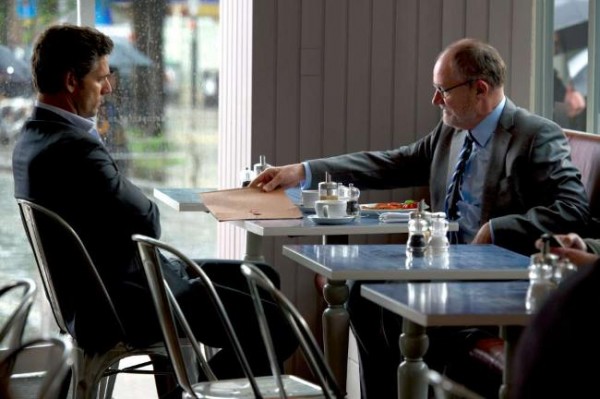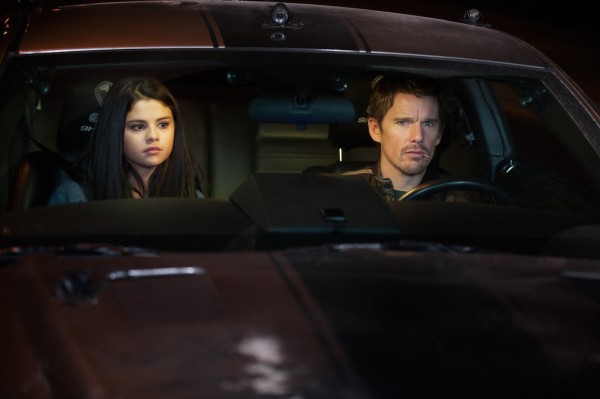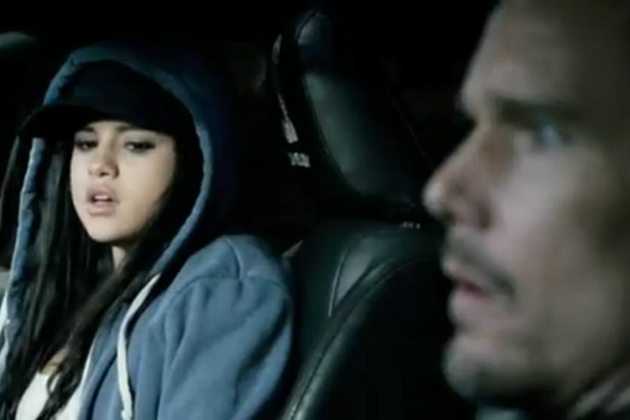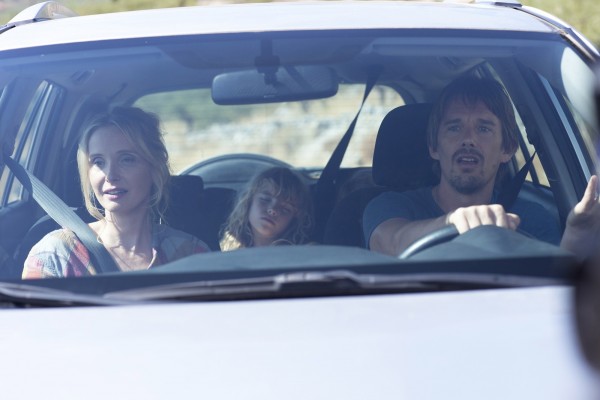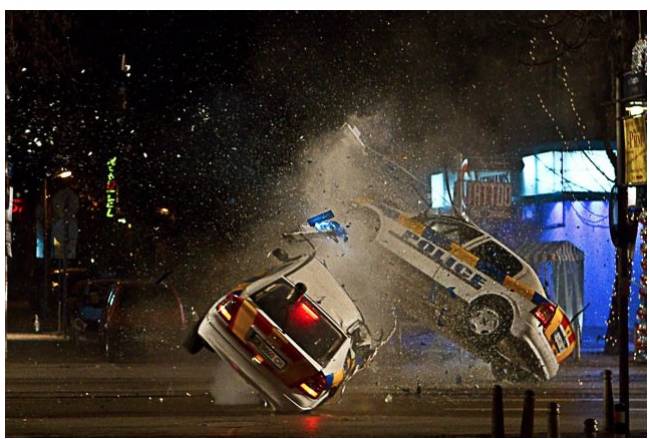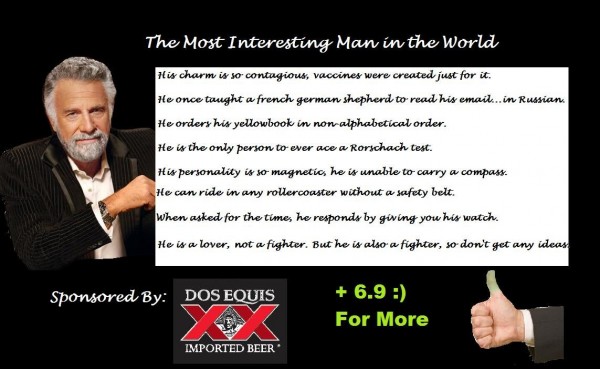Alfred Hitchcock would have loved today’s surveillance state and the ongoing war against terror, with the endless opportunities for exploring voyeurism, treachery, paranoia, and the predicament of innocent bystanders caught up in conspiracies beyond their control and comprehension. But in lieu of his genius, director John Crowley (“Boy A”) and screenwriter Steven Knight (whose screenplay for David Cronenberg’s 2007 masterpiece “Eastern Promises” was a lot better) and their “Closed Circuit” will have to do. And it looks positively Hitchcockian compared to that third rate video game that passes for a movie, “Getaway.”
Crowley’s fitfully engrossing but mostly routine espionage thriller shows promise at first, opening, as befits the title, with multiplying rows of closed circuit TV screens showing a busy London marketplace. Then there’s a flash and all goes dark. Those of us in Boston a few months after the Marathon bombing can only grit our teeth.
Over a hundred people are killed in the attack, and the authorities have in custody Farroukh Erdogan (Denis Moschitto), a Turkish immigrant whom they believe is the only surviving perpetrator.
But after Erdogan’s court-appointed defense lawyer commits suicide by jumping off a roof (sure he did; this is a film in which the audience is always at least two moves ahead of the characters on screen), barrister Martin Rose (Eric Bana) is asked to take his place.
One look at Rose’s unshaven, hung-over face, his suit looking like he’s had it on since the night before, and it’s clear he wasn’t picked for his legal-eagleness. As is disclosed through wispy flashbacks and exposition-heavy dialogue, he’s still recovering from a divorce and a messy custody battle for his teenaged son. And making matters worse, who should be his partner in the trial but Claudia Simmons-Howe (Rebecca Hall),
his ex-lover and the “other woman” in his marriage break-up? Well, the film needs a little spice as a diversion from its implausible, predictable plot.
Perhaps in order to mirror the multiple surveillance camera screens of the opening, a motif repeated throughout the film, Crowley favors parallel editing, intercutting bits of two or three or more simultaneous, ongoing events. Unfortunately, the resulting narrative unfolds as randomly as those closed circuit broadcasts. In it Rose and Simmons-Howe ignore not-so-subtle warnings and investigate inconsistencies in the official story.
To no one’s surprise but their own, they discover that nothing is what it seems – though it would appear from the get-go that Jim Broadbent’s bemusedly sinister Attorney General
isn’t on the up-and-up. The usual suspect, MI-5, Britain’s equivalent of the CIA, is to blame. Cornered, a member of the agency whines, “You want the freedom to attack me but without me you wouldn’t have any freedom at all!”
That old story. A word about MI-5, at least as depicted in this film: what’s wrong with these guys? Maybe after watching Jason Bourne handle battalions of assassins with just his bare hands, a book of matches, and an aerosol can, we’ve gotten spoiled. Yet how is it that these agents can be foiled by a bureaucrat armed with a water glass, and a kid with a hair drier? Are they just incompetent, or too paralyzed by moral fine points to get the job done? Anyone who has watched the BBC TV series “MI-5” would expect better – this film would rank as one of its lesser episodes.
Nonetheless, when it comes to recent films about the inexorable intrusion of Big Brother into our lives, “Closed Circuit” runs circles around “Getaway,” a film that is quite content to run circles around itself. It’s Christmas in Sofia, Bulgaria, a city known apparently for its cheapness as a movie location and, judging from the film, its inept police force. Haggard, washed-up racecar driver Brent Magna (an anagram of “Bran Magnet,” among other things), played by a haggard Ethan Hawke, who will be washed up as a credible actor if he keeps taking on pictures like this one and “The Purge,” returns home from whatever work an American ex-race car driver does in Bulgaria, to find his house ransacked and his wife missing. A phone call from “the Voice” informs him that unless he performs certain dangerous, illegal, and uninspired assignments not only will his wife be killed, but he will keep pestering him with his nagging, hectoring phone calls.
First on the agenda is stealing an armored super muscle car, a Ford Shelby GT500 Super Snake to give credit to the product placement that may be the sole reason for the movie’s existence. This he accomplishes, but as collateral damage he takes on an unwanted passenger, “the Girl” (Selena Gomez).
She proves to be the backseat driver from hell – the bickering of this pair recalls Hawke’s spats with Julie Delpy in “Before Midnight,”
except with more property damage, small arms fire, explosions, and panic-stricken Bulgarian Christmas shoppers.
“The Girl” screams, asks dumb questions, and offers useless advice as Magna performs the tasks demanded by the Voice, which mostly consist of what seems a repeated, horribly shot and scattergun-edited loop of the same car chase in which Sofia police squad cars crash and roll over like latter-day Keystone Cops.
Sadly, there is an explanation for this punishing, repetitive chaos. It lies in the identity of the foreign-accented Voice, who sounds a bit like the Most Interesting Man in the World from the Dos Equis ads (“Stay thirsty, my friend”).
[SPOILER] Played by Jon Voight, he is apparently that other bête noir of paranoid conspiracy theories, the billionaire tycoon whose cupidity is mixed with a playful bit of sadism. So between the ruthless omniscience of the intelligence community and the inescapable omnipotence of the super-rich, we’re pretty much screwed. I just wish someone would make a decent movie about it.
